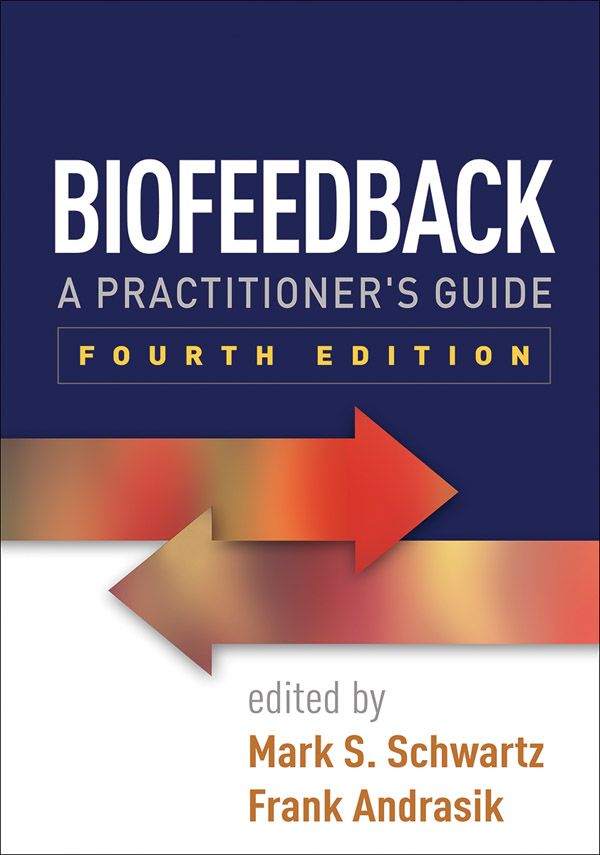Investigating How Slumber Ailments Interfere with Brainwave Function and Affect Mental Function
Investigating How Slumber Ailments Interfere with Brainwave Function and Affect Mental Function
Blog Article
Sleep is an crucial part of our everyday lives, allowing our bodies and mental faculties to rest and rejuvenate. However, many people suffer from slumber disorders, which can considerably disturb slumber patterns. These disorders can lead to multiple issues, including alterations in brainwave activity. Brainwaves are electrical impulses in the brain that indicate our mental state and function. When slumber is disturbed, the normal patterns of brainwaves can be impacted, resulting to problems with mental function, such as memory, attention, and decision-making.
There are several types of sleep disorders, including sleeplessness, sleep apnea, and restless leg syndrome. Insomnia is defined by difficulty going or remaining asleep, while sleep apnea entails interruptions in respiration during sleep. Restless leg syndrome induces uncomfortable sensations in the legs, resulting to an irresistible desire to move them. Each of these disorders can disturb the normal slumber cycle, which comprises of different stages, including light sleep, profound sleep, and REM (rapid eye movement) sleep. Each stage plays a crucial role in preserving overall brain health and performance.
When slumber disorders interfere with these stages, neural wave activity can become irregular. For instance, during profound sleep, the brain produces gentle delta waves, which are essential for bodily restoration and memory consolidation. If a individual experiences frequent awakenings or does not attain deep sleep, the generation of these delta waves is diminished. This can lead to challenges in learning new information and holding memories. Additionally, REM sleep, which is associated with fantasizing and affective processing, is also impacted. Interruptions in REM sleep can result to problems with affective regulation and inventiveness.
The impact of slumber disorders on cognitive function is substantial. Research click this link now has shown that individuals with slumber disorders often face difficulties with attention and focus. This can affect their performance at educational institutions or work, making it challenging to complete tasks or engage in discussions. Furthermore, long-term sleep deprivation can lead to mood changes, heightened stress, and even anxiety or melancholy. These cognitive and emotional challenges can create a vicious cycle, where inadequate sleep leads to mental difficulties, which in turn can lead to more slumber problems.
Addressing sleep disorders is crucial for improving neural wave activity and cognitive function. Therapeutic options may include lifestyle changes, such as establishing a regular sleep schedule, establishing a cozy sleep environment, and practicing relaxation techniques. In some cases, clinical intervention may be necessary, such as using a CPAP machine for sleep apnea or pharmaceuticals for sleeplessness. By valuing sleep and pursuing appropriate treatment, individuals can improve their overall cognitive abilities and improve their quality of life. Understanding the relationship between slumber disorders, brainwave activity, and mental function is an important step toward better health and wellness.